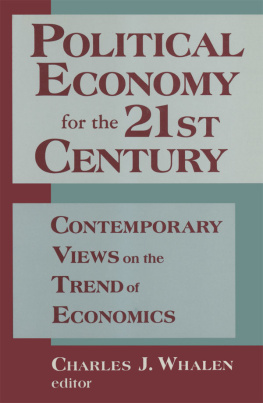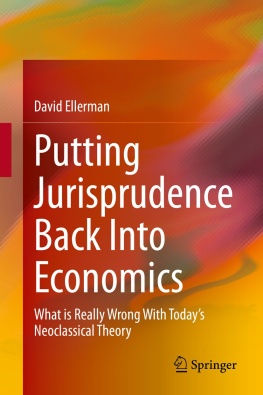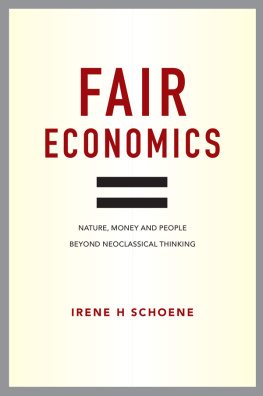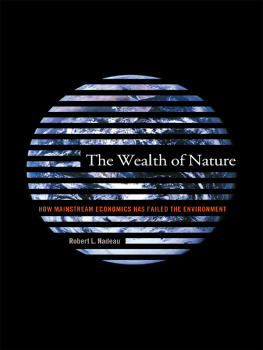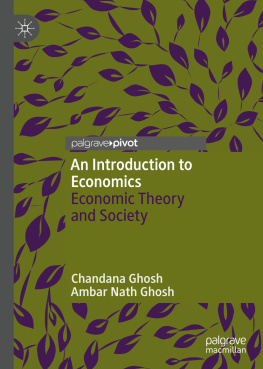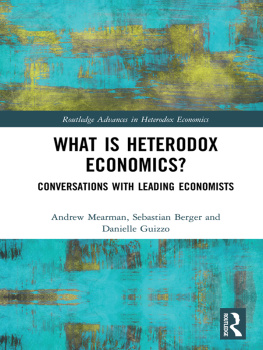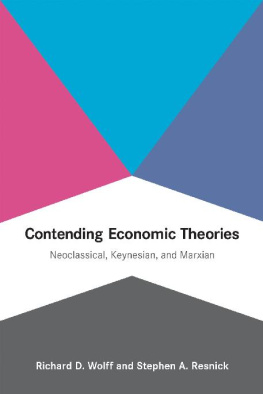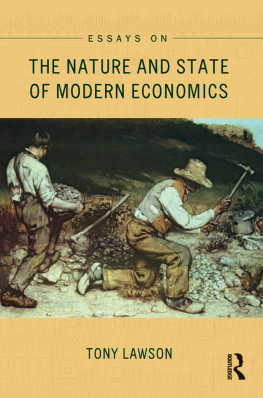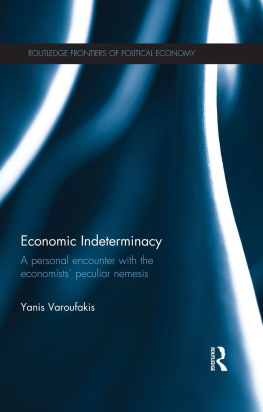Jamie Morgan - What is Neoclassical Economics?: Debating the origins, meaning and significance
Here you can read online Jamie Morgan - What is Neoclassical Economics?: Debating the origins, meaning and significance full text of the book (entire story) in english for free. Download pdf and epub, get meaning, cover and reviews about this ebook. year: 2015, publisher: Routledge, genre: Politics. Description of the work, (preface) as well as reviews are available. Best literature library LitArk.com created for fans of good reading and offers a wide selection of genres:
Romance novel
Science fiction
Adventure
Detective
Science
History
Home and family
Prose
Art
Politics
Computer
Non-fiction
Religion
Business
Children
Humor
Choose a favorite category and find really read worthwhile books. Enjoy immersion in the world of imagination, feel the emotions of the characters or learn something new for yourself, make an fascinating discovery.
- Book:What is Neoclassical Economics?: Debating the origins, meaning and significance
- Author:
- Publisher:Routledge
- Genre:
- Year:2015
- Rating:4 / 5
- Favourites:Add to favourites
- Your mark:
What is Neoclassical Economics?: Debating the origins, meaning and significance: summary, description and annotation
We offer to read an annotation, description, summary or preface (depends on what the author of the book "What is Neoclassical Economics?: Debating the origins, meaning and significance" wrote himself). If you haven't found the necessary information about the book — write in the comments, we will try to find it.
Despite some diversification modern economics still attracts a great deal of criticism. This is largely due to highly unrealistic assumptions underpinning economic theory, explanatory failure, poor policy framing, and a dubious focus on prediction. Many argue that flaws continue to owe much of their shortcomings to neoclassical economics. As a result, what we mean by neoclassical economics remains a significant issue. This collection addresses the issue from a new perspective, taking as its point of departure Tony Lawsons essay What is this school called neoclassical economics?.
Few terms are as controversial for pluralist and heterodox economists as neoclassical economics. This controversy has many aspects because the term itself has different specifications and connotations. Within this multiplicity what we mean by neoclassical matters to pluralist and heterodox economists for two primary reasons. First, because it informs how we view and critique the mainstream; second, because the relationship between heterodox and mainstream economics influences how heterodox economists model, apply methods and construct theory. The chapters in this collection each have different things to say about these matters, with contributions ranging across the work of key thinkers, such as Thorstein Veblen and Kenneth Arrow, applied issues of non-linear modelling of dynamic systems, and key events in the history of economics.
This book will be of use to those interested in methodology, political economy, heterodoxy, and the history of economic thought.
Jamie Morgan: author's other books
Who wrote What is Neoclassical Economics?: Debating the origins, meaning and significance? Find out the surname, the name of the author of the book and a list of all author's works by series.

